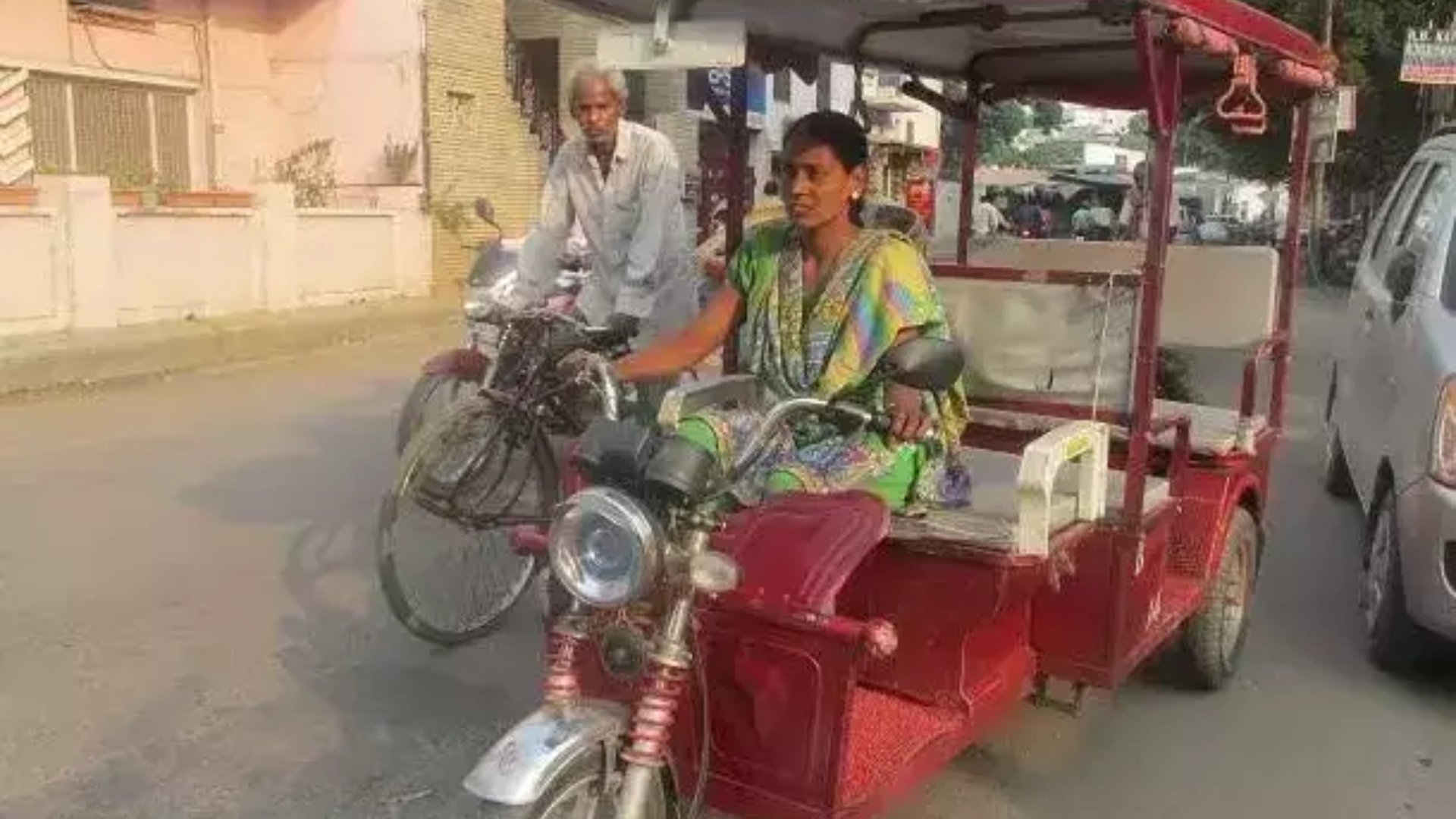Source : PTI | To enhance last-mile connectivity to Bengaluru’s Namma Metro stations, a fleet of women operated electric auto rickshaws were introduced at Indiranagar and Yelachenahalli metro stations on Wednesday. The Low Emission Access to Public transport (LEAP), an initiative of Alstom, a multinational company that offers solutions for a low carbon future, is done in collaboration with WRI India, a research organisation that aims to influence government policies and civil society actions. The other collaborators are Bengaluru Metro Rail Corporation Limited (BMRCL) and Metroride, an app dedicated to first and last mile connectivity.
“As part of the pilot phase of the programme, we will have electric autos deployed as a last-mile service at Yelachenahalli and Indiranagar stations, serving commuters in a radius of 4 km from each station,” Olivier Loison, managing director of Alstom India, told PTI.
The pilot initiative was launched by former MP Rajeev Gowda, vice chairman of State Institute for the Transformation of Karnataka and member of Brand Bengaluru Committee. Kalpana Kataria, executive director of BMRCL was also present.
Loison said Indiranagar was chosen as a pilot project because it’s a commercial hub close to the city centre and therefore, witnesses heavy traffic movement. “Although a residential area primarily, Yelachenahalli too is rapidly transforming into a major IT hub,” he said.
According to him, sustainable transport options in these two stations can significantly benefit metro commuters by bridging last mile connectivity issues.
The reason why women drivers were specifically brought under the programme is to ensure gender inclusivity, said Loison.
“Women will feel safer with women drivers of the e-autos,” he added.
As for Saraswati, a 40-year-old widow, who took to driving an auto after the death of her husband three years ago, being engaged by Metroride has been a life saver. While she said she did not have to invest upfront in buying an autorickshaw, another advantage is that she gets to choose her working hours.
“I have opted for morning shifts, I finish by 4pm so that I can go home before my daughters return from college. I am paid INR 800 every day, even if I don’t manage to get many rides,” said Saraswati, who has opted to drive an auto at the Yelachenahalli metro station, close to her home.
Learning from this project will serve as a blueprint for scaling similar solutions, said Loison. “It’s a collective challenge. We and our partners are working for the convenience of the people of Bengaluru,” he added.











